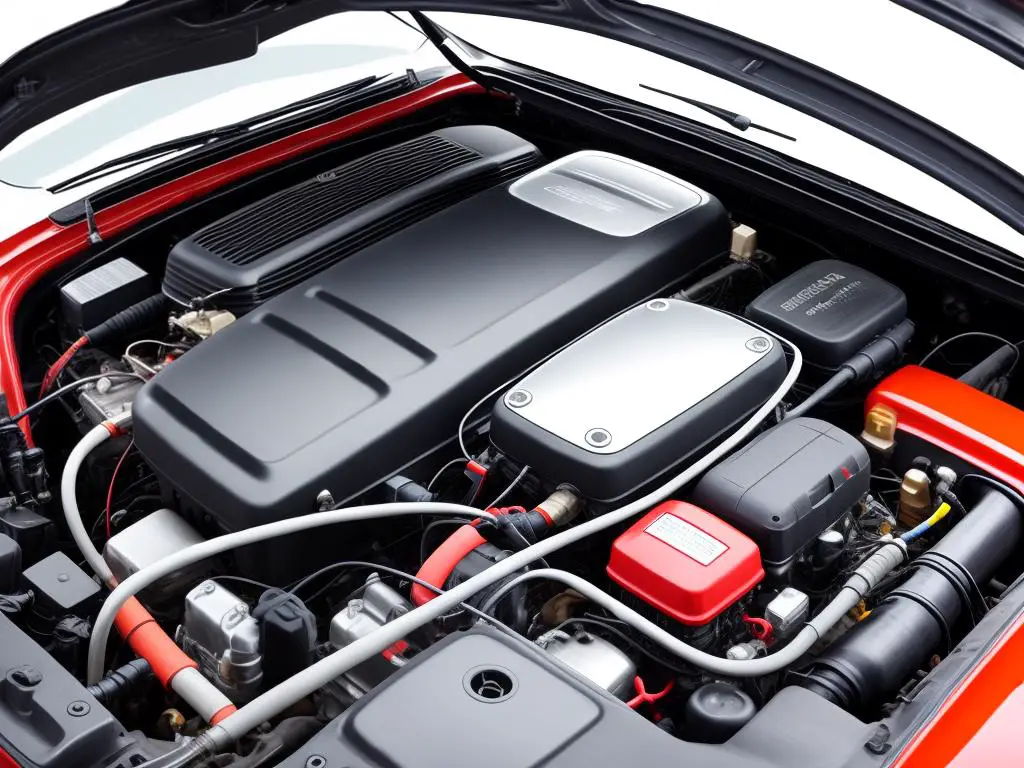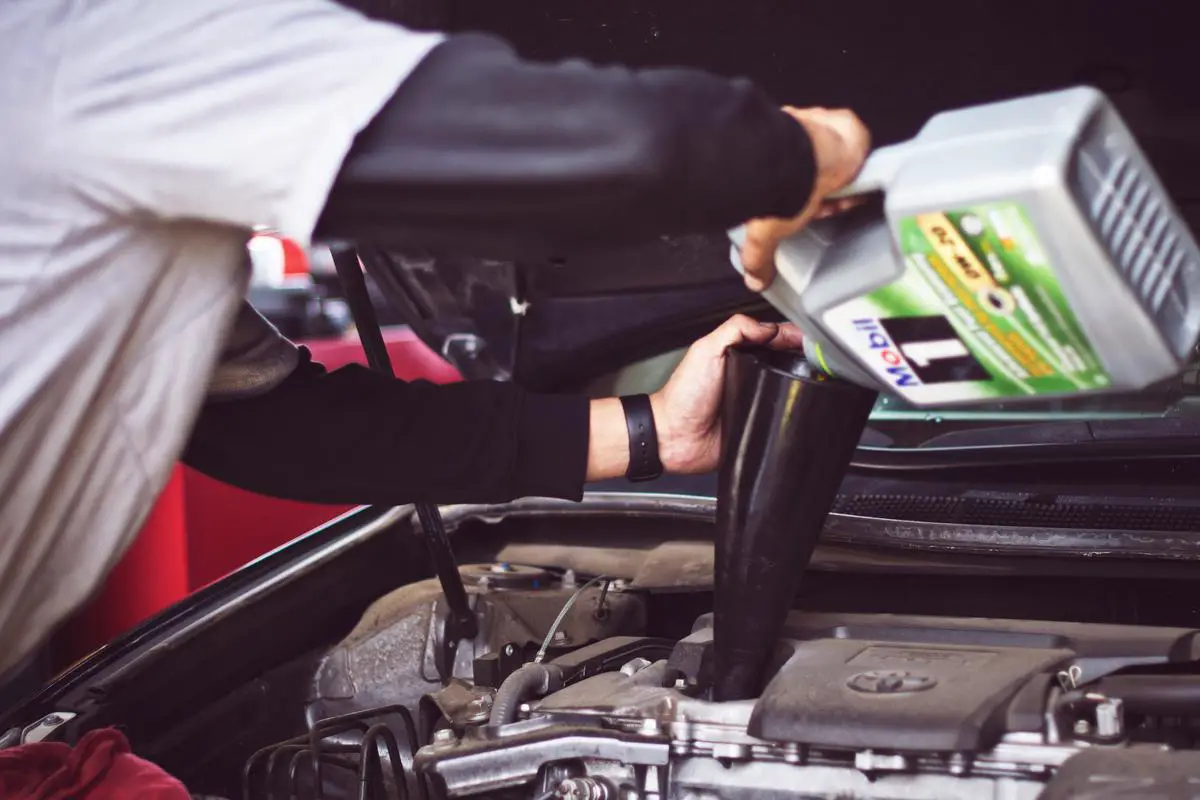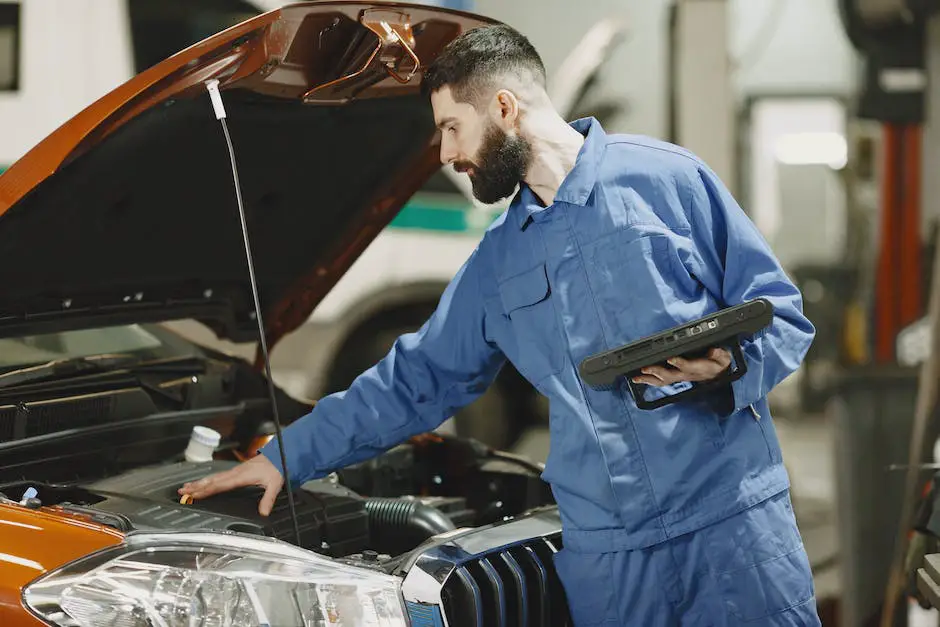Ever experienced a car breakdown at the most inconvenient time and found yourself scrambling for an explanation to others? From engine malfunctions to brake failures, car problems often arise unexpectedly, disrupting our plans and throwing our schedules off. These hitches typically lead to a variety of excuses, especially when we’re running late or are unable to show up at all. The intricacies of these automotive mishaps, their causes, signs, and impacts on one’s timetable, are indeed fascinating. In tandem, it is also crucial to gauge how truthful car trouble tales are. Designed as a comprehensive guide, our discussion intends to navigate through these aspects of car troubles, highlighting key tips on preventive measures and maintenance, and the consequence of such excuses on personal, social, and professional domains.
Common Car Troubles That Lead to Excuses
Engine Trouble: No-starts and Misfires
Engine trouble is one of the most common car problems that people encounter and, consequently, a usual source of car trouble excuses. This includes a variety of issues, from no-start conditions to misfires to overheating engines.
A no-start condition is when the engine fails to start when the ignition key is turned. This can be caused by a variety of issues, including a dead battery, poor electrical connections, or issues with the fuel system. The symptoms often include the inability to turn over or start the engine. When this occurs, it might cause delays in your daily schedule or even prevent you from reaching your destination.
Engine misfires, on the other hand, happen when one or more of the engine’s cylinders fail to fire properly. This can be caused by spark plugs, fuel injectors, or other engine components not working correctly. Misfires can cause the engine to run poorly, resulting in decreased gas mileage and overall performance. Consequently, misfires can cause unpredictability in travel times, leading to more missed appointments and scheduling dilemmas.
Brake Failures: A Safety Hazard
Brake failures are one of the most serious car troubles one can encounter. This issue can lead to difficult situations where you may be unable to slow down or stop the vehicle. Brake failure can occur due to a number of reasons, including worn-out brake pads, leaking brake fluid, or damaged brake lines.
Brake failures can be dangerous and need immediate attention. Car owners should look out for signs such as squeaky brakes, unresponsive brake pedals, and a warning light on the dashboard. Like engine trouble, brake failures can lead to missed appointments or being unable to undertake planned journeys. In some cases, they can even cause accidents if not addressed in time.
Car Battery Troubles: Frequently Mentioned in Car Excuses
One regular car-related trouble that people often attribute delays to is issues with the car battery. Responsible for powering all of a vehicle’s electrical components such as the ignition system, headlights, and radio, a faulty or dead battery can inhibit a car from starting or functioning efficiently.
Indications of a defective car battery can range from problems with starting the vehicle, to dimmed headlights or an illuminated warning light on your dashboard. An ignored battery problem can progressively deteriorate, culminating in a vehicle breakdown which may cause unexpected delays or missed appointments.
To minimise the likelihood of such occasions, regular car checks and maintenance can be performed. Nevertheless, given the complicated mechanics of cars, it’s always possible that unexpected issues can still appear despite regular maintenance.

Analyzing the Legitimacy of Car Trouble Excuses
Decoding Typical Car-Related Excuses
Getting a clear grasp of frequent car trouble excuses requires a closer look at the standard reasons given. High among the list are statements about flat tires, dead car batteries, difficulties with the engine and brake malfunctions. Additionally, some people may state that their car fails to start, a transmission problem has occurred, or their check engine light suddenly illuminated.
Assessing the Legitimacy of Common Car Trouble Excuses
Do these common car trouble excuses hold water? The answer depends on various factors that will have to be assessed individually. Factors to consider are:
- Frequency – If a person frequently uses car trouble as an excuse, this could indicate that the issues are either overdramatized or made up.
- Knowledge about the Specific Issue – If the person can provide adequate detail about the specific mechanical issue their car is purportedly facing, there is a higher chance that the excuse is legitimate. For instance, instead of saying just “my car won’t start,” a more informed comment like “my car won’t start because the starter motor is faulty,” sounds more plausible.
- Verification – Evidence like photos of a busted tire or a tow truck can validate these car trouble excuses.
Recognizing Key Signs and Symptoms of Car Troubles: A Guide
To further analyze the legitimacy of car trouble excuses, understanding common signs and symptoms of car troubles can be helpful. These signs depend on the specific issue in question.
- Flat Tire – If someone claims to have a flat tire, there are a few noticeable symptoms. These include excessive vibration when driving, the car pulling to one side, and a continuous flat tire light on the dashboard.
- Dead Battery – If a car doesn’t start or the lights and electronics aren’t working properly, this could be due to a dead battery. Some physical signs include swelling, leaking, or a low fluid level in the battery.
- Engine Troubles – These problems are typically indicated by warning lights, strange noises, decreased fuel efficiency, and abnormal engine performance.
- Brake Problems – Symptoms of brake problems include a dashboard warning light, changes in the brake pedal feel, squeaking or screeching sounds, burning smell while driving, and a car that pulls to one side.
- Transmission Issues – Difficulty shifting, delayed engagement, transmission slipping, leaking fluid, and warning light indicators can all be signs of a possible transmission problem.
Conclusion
Identifying the authenticity of car trouble excuses usually necessitates a balanced combination of doubt, understanding of the common car breakdown issues, and in certain circumstances, solid proof. Understanding the indicators of standard vehicle problems and taking into account the context, including an excuse’s frequency, details provided, and verification capabilities can assist in determining the true nature of an individual’s car difficulties. It can help in discovering if these car issues are an actual concern or merely a fabricated excuse.

Photo by timmossholder on Unsplash
Prevention and Maintenance to Avoid Car Troubles
The Importance of Regular Vehicle Maintenance
Car issues can lead to immediate or long-term setbacks, whether they cause delays to appointments, disrupt long-distance trips, or result in hefty repair costs that could have been prevented. Regular precautionary maintenance is paramount to keeping your car in optimal shape and circumventing troublesome situations. Performing simple daily care activities can greatly extend the lifespan of your car’s systems and parts, reducing the plausibility of frequent ‘car trouble’ as an excuse.
Key Parts to Monitor and Maintain
There are several key components of your vehicle that should be regularly inspected and maintained to avoid potential car troubles. The oil and oil filters should be changed as recommended by the manufacturer, generally every three months or 3,000 miles. This will ensure the engine continues to run smoothly and efficiently.
Similarly, the transmission fluid should be checked regularly. A failure in this area could lead to costly repairs or even the need for a full transmission replacement. Air filters should also be replaced periodically to ensure optimal performance and fuel efficiency.
Additionally, tires should be routinely checked for proper inflation and wear patterns, and should be rotated every 6,000 miles to ensure even wear and prolong their life. Brake pads and rotors should be inspected for wear or damage.
Maintaining the cooling system, which includes the radiator, water pump, and thermostat, is another key aspect of vehicle maintenance. An overheating vehicle can cause major damage. It’s crucial to keep a regular check on the coolant level and to replace the coolant at the intervals recommended by the vehicle manufacturer.
The vehicle’s battery and charging system should also be checked periodically, particularly before long trips.
Implementing a Regular Maintenance Schedule
The owner’s manual provides a routine maintenance schedule for every vehicle. It’s crucial to adhere to these guidelines in order to maintain your car’s performance and longevity. This could mean scheduling specific days for certain checks such as tire pressures, brakes, and fluid levels.
Using service shops for oil and filter changes can also be beneficial, as such establishments often provide additional checks as part of the service. These checks can include checking the tire pressure, brake fluid, coolant, and other important components. In the long run, setting up and sticking to a maintenance schedule could save you from unexpected breakdowns and hefty repair bills.
Committing to High-Quality Auto Parts and Expert Service
The famous adage, “you get what you pay for” is certainly true when it comes to vehicle maintenance. Opting only for top-notch auto parts greatly enhances the durability and performance of your car. For instance, superior oil filters work more efficiently in screening out particulates, leading to a healthier and longer-lasting engine.
Not only should you go for premium parts, but it’s also essential to engage professional maintenance services for your vehicle. Expert mechanics possess the proficiency to identify hidden problems that might develop into major car issues in the future. Moreover, their specialized training and hi-tech equipment enable them to carry out precise repairs and replacements, ensuring your car performs at its best.
If you take a preventative approach and stay ahead of problems, you can easily dodge the need to conjure last-minute car trouble excuses.

Impact of Car Troubles and Their Excuses
The Effects of Car Troubles on Personal Lives and Daily Routines
A reliable mode of transportation is vital for everyone. Unanticipated car problems can wreak havoc on personal schedules and daily routines. For example, defective brakes or a dead battery can cause unanticipated delays, affecting your commute to work, school, or important appointments. In a worst-case scenario, consistent car issues can lead to missed opportunities and severe consequences, such as jeopardizing your job due to regular tardiness caused by recurrent vehicle problems.
Domino Effect on Social Relationships
Car troubles extend beyond personal inconvenience; they can substantially affect social relationships as well. Frequent car issues can lead to canceled plans or the need to always depend on others for rides. Over time, these could strain relationships as it may begin to appear that you’re not reliable or respectful of other people’s time.
Car Trouble Excuses and Work Relationships
The relationship between car troubles and work relationships is much more crucial. Consistently citing car trouble can question an individual’s reliability and commitment to their job. For instance, regularly being late due to unexpected car problems or needing to leave work early to attend to car issues could cast doubt on whether you’re dependable.
However, honesty is always the best policy in professional settings. If chronic car trouble is a legitimate reason for tardiness or absence, communicate this clearly and proactively with supervisors or HR.
Consequences of Frequently Using Car Trouble Excuses
The frequency of using car trouble as an excuse, whether legitimate or not, could lead to negative consequences. At the workplace, this might include formal warnings, poor performance evaluations, or possibly even job loss if the situation doesn’t improve. Alternatively, in social circles, frequently canceled plans due to car trouble may result in friends feeling less inclined to invite you to events, knowing there’s a high chance you may not show.
Managing Car Troubles Responsibly
Being proactive about car maintenance is one way to manage car troubles responsibly. Regularly scheduled check-ups and repairs can mitigate the occurrence of unexpected car issues. When unavoidable problems arise, consider flexibly adapting to situations by carpooling with a colleague, using public transit, or reserving a rideshare service. This not only demonstrates adaptation to disrupts but also responsible behavior.
Professional Communication is Key
Lastly, open communication is essential in professional and personal relationships. If car troubles surface, inform relevant individuals as soon as possible. Instead of over-utilizing car trouble as an excuse, address the root issue and develop a solid plan to prevent these occurrences. This approach is key to maintaining trust and reliability with employers, colleagues, friends, and family.

Living in an interconnected world, where timely commitments and continuous communication hold priority, car troubles have a ripple effect on our lives. They can tarnish interpersonal relations and professional reputation if mishandled. Therefore, it’s vital to grasp ways to prevent and address these problems, emphasizing regular checks and upkeep of important vehicle parts to ensure optimal performance. It is equally important to handle car trouble situations in a responsible and professional manner, whether the problem is genuine or not. Remember, an ounce of prevention is worth a pound of cure.

Recent Comments